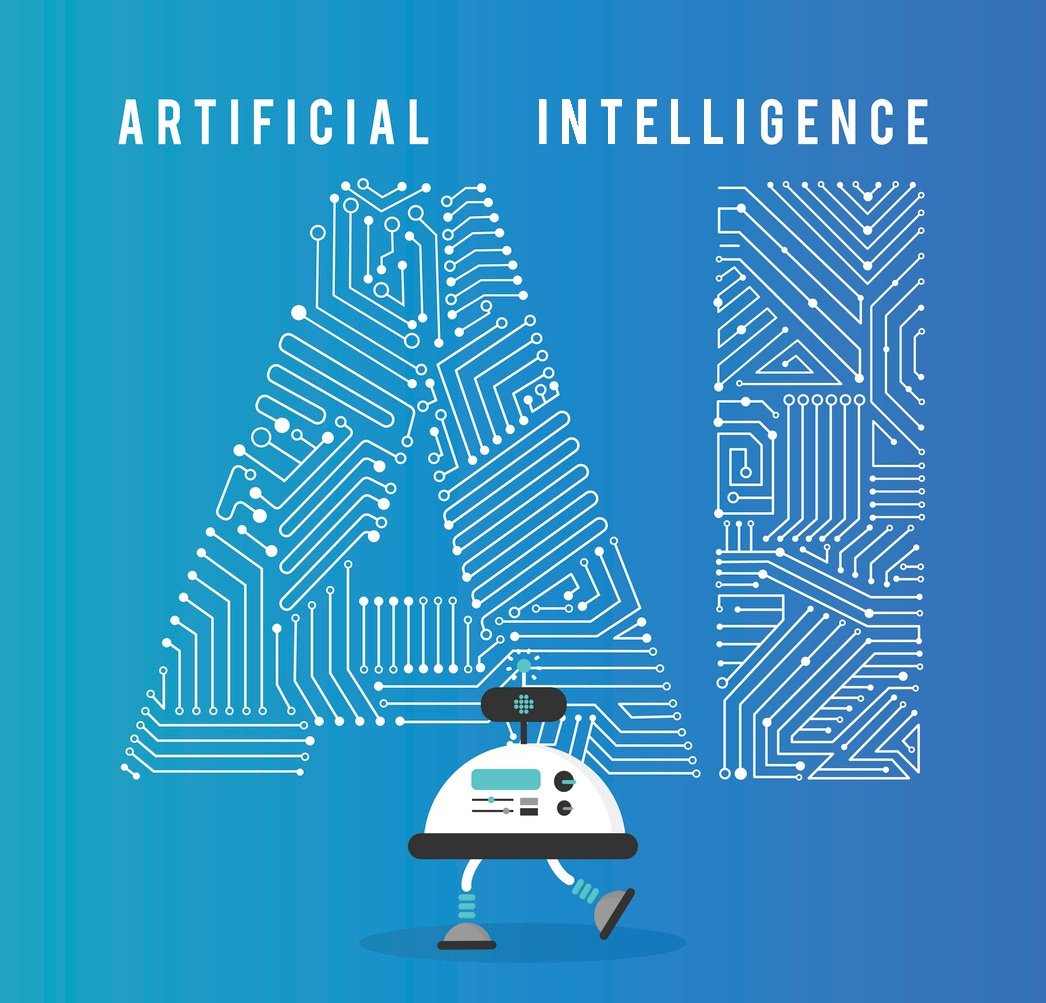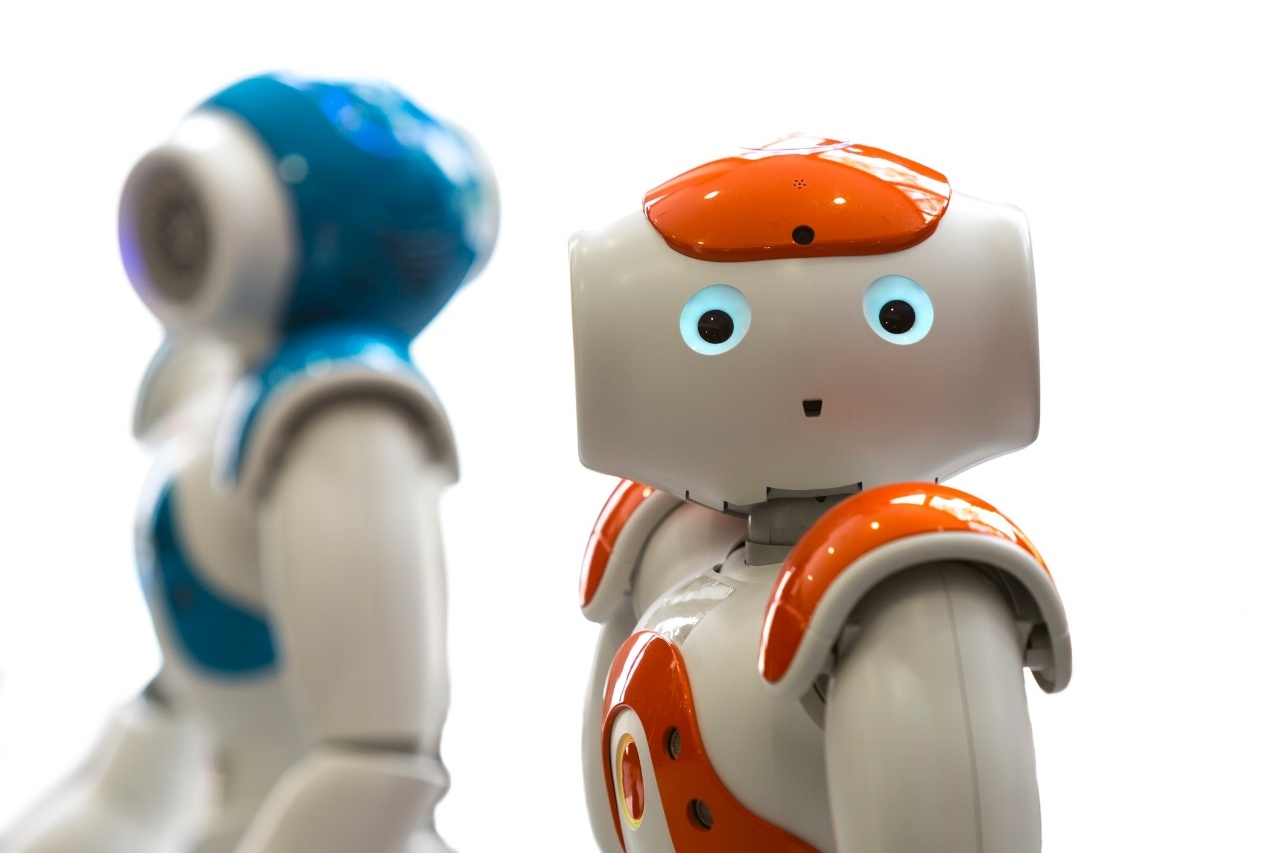Artificial Intelligence can be defined as technology that functions in an intelligent manner. As reported by Dr. Volker Spitz during an interview with WIPR, it will change the IP sector within the next 5 years.
Want to know more?
DOWNLOAD THE ARTICLE, CLICK HERE NOW
For instance, it is implemented in search engines, which are now being applied to many trademark searches.
However, AI implementation still faces some problems: firstly, it deals with a huge amount of data (about 50 million trademark and patent records are collected worldwide). Accordingly, national languages and translations represent an issue. In this case, besides understanding the relevancy and merit of different case law, AI also has to translate them from foreign languages. Nevertheless, the most challenging step is getting the AI to interpret the data itself correctly.
Indeed, the main problem is sorting the relevance of the searched subject and analyze it. Even though these challenges are relevant, the benefits of employing AI outweigh the disadvantages: technology can gather data more quickly and comprehensively. In addition, it is also cheaper than human labour.






